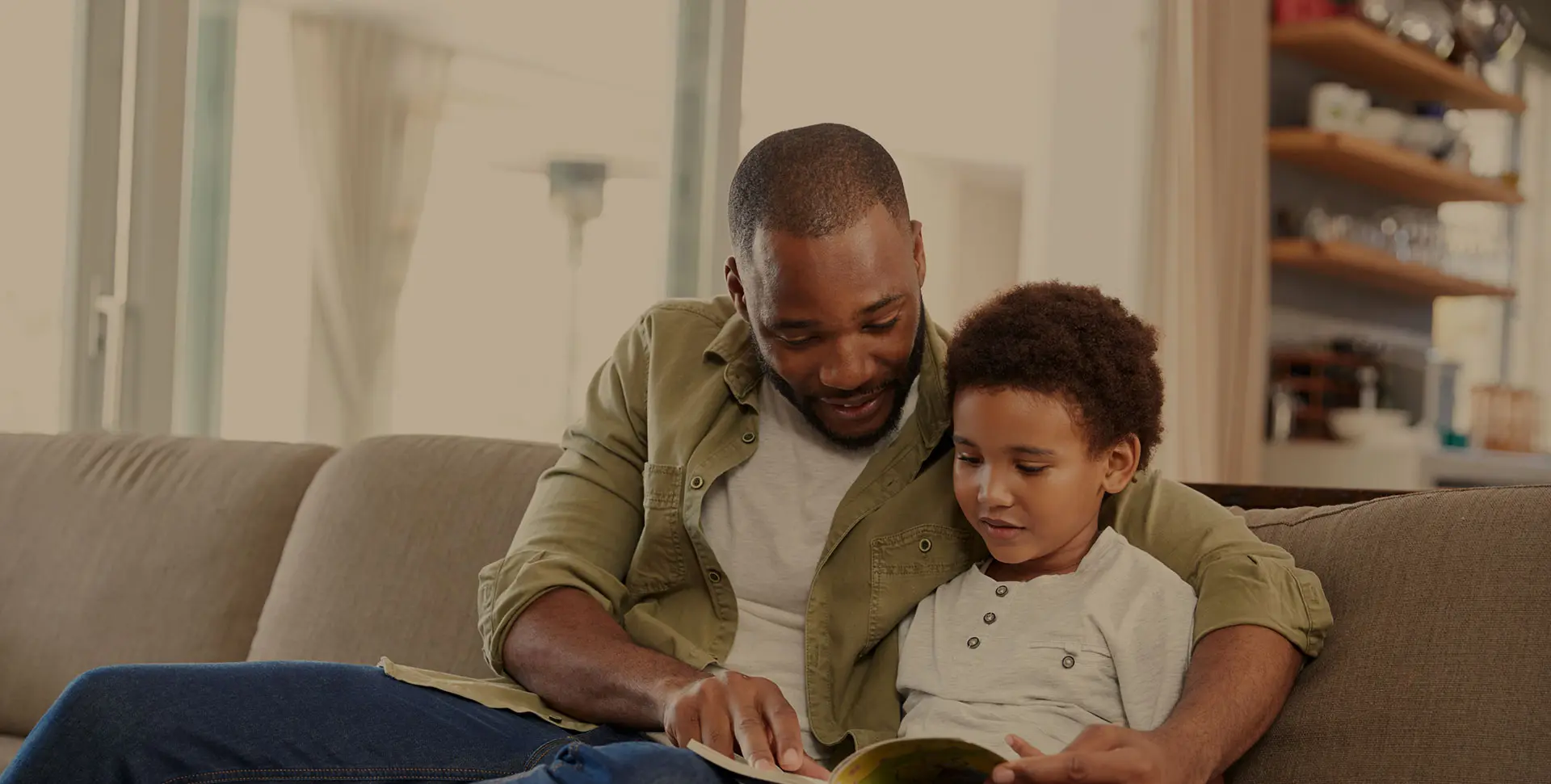PRIMARY CUSTODY
PRIMARY CUSTODY
Georgia has two types of custody, legal and physical. Most of the time, custody is shared between the child’s two parents. While legal custody is typically shared, one parent will be designated the primary custodian regarding physical custody. The court takes several factors into determining who will receive primary custody, mainly who was the primary caregiver throughout the parents’ marriage.


What is primary custody?
In Georgia, joint-custody is not the norm and must be agreed upon in court. A judge will typically assign one parent primary custody of the child, and the other will have secondary custody. Sole custody is also not typical. This means that one parent has all of the custodial rights to the child. Primary custody is the parent where the child will spend the majority of their time. Primary custody does not mean that one parent is better than the other, simply that one parent may have 50.1% of the time with the child while the other parent has 49.9% and that the arrangement is in the child’s best interest.
How is primary custody decided?
In Georgia, the courts use several factors to determine who will have primary custody of the child. Typically the primary caregiver will receive primary custody, and the court will need to determine which parent that is. This parent takes the child to their doctor’s appointments, provides their meals, gets the child ready for school, and goes to school functions. Other factors such as work schedules and who has more time to tend to the child’s needs may also be considered.
Can the child decide?
The court will start considering who the child wants to live with at age 11. At age 14, however, the child can select which parent they’d prefer to live with full-time. This isn’t a guarantee. The parent with whom the child has not chosen to live can fight the decision, but it’s difficult to prove that it would not be in the child’s best interest.

Will the parent with primary custody receive child support?
Georgia law views child support as a right of the child, not the parent. All primary custodians will receive some sort of child support, and the right to receive this support cannot be waived. This allows the child to continue living with the quality of life they’re used to and help the parent with primary custody provide for the child.
NEXT STEPS
Now that you have taken the time to educate yourself on who we are, it’s time to focus on how to move forward in your case. Contact us via phone or the contact form to schedule your comprehensive one-hour consultation. Be sure to have available, all relevant information and details about your case when you contact Family Matters Law Group so that we can provide you with an exceptionally personalized experience.



